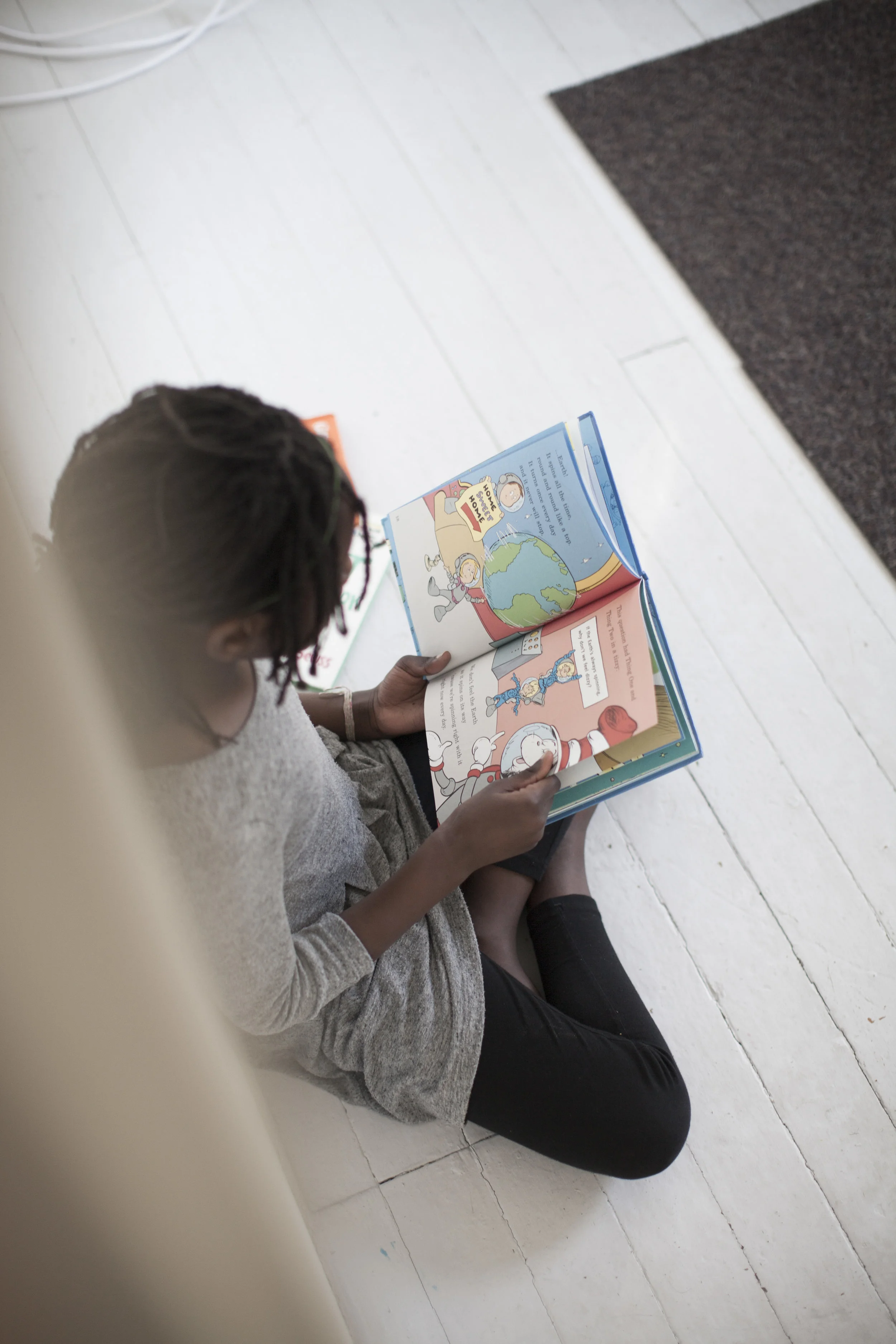Dealing With Your Past: Part 2

Relational Patterns
By Bethany Allen
Begin with prayer (5 minutes)
Gather together as a Community in a comfortable setting (around a table, on the couch, the floor of a living room, etc.). Have somebody lead a prayer asking the Holy Spirit to lead and guide your time together.
Debrief last week’s practice in small groups (15–20 minutes)
If you are in a Community of seven or more, divide into small groups of 3–4 people each (ideally same gender).
Spend a few minutes catching up on life…
Then talk through the following debrief questions:
- Did you listen to the teaching? What did you think?
- Did you find it difficult to complete your genogram? Why or why not?
- What was one insight, event, or pattern from your family of origin that was surprising or new to you? If nothing stood out to you, then share the event or pattern from your family of origin that you believe has had the greatest impact on your life to date.
Transition back to one large group (5 minutes)
Ask a few questions about the last week’s Practice:
- Any stories from the last week’s Practice with which you would like to encourage the whole group?
- Any “aha” moments of breakthrough?
- Any highs or lows?
Read this overview
Going back isn’t always easy.
As many of you have discovered, identifying generational sin and brokenness is not a task for the faint of heart. But the ultimate goal is to develop a framework of your life that will help you identify where you come from, so that you can better understand who you are, and where you’re going.
As we press further into our past we will discover that there are not only sins, but also patterns in our family of origin that have had great influence and power over our lives. Patterns, by their very definition, are repetitious and for that reason many of these patterns have served as platforms upon which we’ve built our lives. But if our foundation is cracked, our whole house is in danger.
In week two of our Practice we will focus on identifying relational patterns from our family of origin and how those patterns have impacted our ability to relate to others, and to God. After all, how you relate is how you relate.
We’ll focus on identifying relational patterns like, separation, divorce, remarriage, abandonment, adoption, emotional unavailability, etc., and then start to identify more subtle and covert relational patterns we have learned in our family of origin or early years that continue to shape the way we relate to others and God today.
Please don't let this practice scare you. Trust the Holy Spirit to help you with the task ahead and lean on your Community for emotional support.
Open to the Bible together (10 minutes)
We were created as emotional beings and as we press into things from our past we are bound to experience a range of emotions. With that, it’s important for us to remember that God has gone there before us and is able to meet us in those places.
Have somebody read Psalm 139v13-18
Talk about the following questions:
- As you read this Psalm, what phrase stands out or is comforting to you and why?
- How does this Psalm help you to feel more loved and valued by God?
- How does the fact that God knows you intimately affect you, specifically as you look at your past?
Talk about the coming week’s Practice as a Community (10–30 minutes)
Here’s the Practice for the coming week:
Pease note, we expect this exercise to take about 1-2 hours, and it may require you to connect with a family member or two.
Exercise 1: Relational Patterns
- Pull out your Genogram Workbook from last week. Settle into a comfortable, quiet place, and put away any other distractions.
- Invite the Holy Spirit to lead and guide your mind and heart, and give your peace through this exercise.
- Review your genogram, then turn to pg. 5 and fill in the following relational patterns using the key provided.
- Separation, divorce, remarriage, abandonment, adoption, relational enmeshment, codependency, emotional unavailability, sexual relationships, living together, sexism, cutoffs, cutoffs repaired, closeness distant relationships, sexual abuse, physical abuse, or emotional abuse.
- Take a few minutes and identify and write down any relational patterns you’ve discovered. Listed below are a few examples of what to look for:
- Patterns of births, deaths, natural crisis
- Patterns of closeness and distance
- Patterns of emotional availability, codependency, and depth
- Patterns of emotional cut-offs or enmeshment
- Patterns of dominance or submission
- At this point be mindful about the emotions you are feeling. Invite and allow the Holy Spirit to help you identify and process these emotions.
- Journal: Take a few minutes to write how doing this exercise has emotionally impacted you.
- Pray: ask God to comfort you, protect you, and continue to help you make connections between your past and present.
Exercise 2: Attachment Theory
- Read through each of the listed attachment styles on page 6.
- Take a few minutes and pray. Ask the Holy Spirit to help lead you as you review the attachment styles listed.
- Check the box that you feel applies to and describes your relational default.
- Please note these are not prescriptive. Do your best to identify the style that best fits you.
- If you’re married or dating seriously, talk through your findings with your spouse or significant other.
- If you want to go deeper on this exercise, see a therapist or couples counselor. (You can refer to Bridgetown’s suggested list of counselors.)
Exercise 3: Evil for Good
- Locate the third box of week 2 in your Genogram Workbook on page 6, read and respond to the following question: What evil things in your life and family history has God used for good? And how?
- Answering and thinking through this question should foster a spirit of gratitude. Take a minute or two to thank God for his ability to heal, transform and deliver.
- If you want, re-read the story of Joseph from the end of Genesis. Meditate on Genesis 50v19-21. Look for parallels to your own story.
Work through these discussion questions (10–15 minutes)
- Any thoughts, creative ideas, or feedback on this coming week’s practice?
- Is there anyone you need to connect with this week that could help give you better insight into your family’s relational patterns?
- Do you have any anxiety or fear about doing this part of the Practice? If so, why?
- What are some unhealthy relational patterns in your family or origin going back a few generations that you’ve already seen broken in your own life or by others in your extended family?
